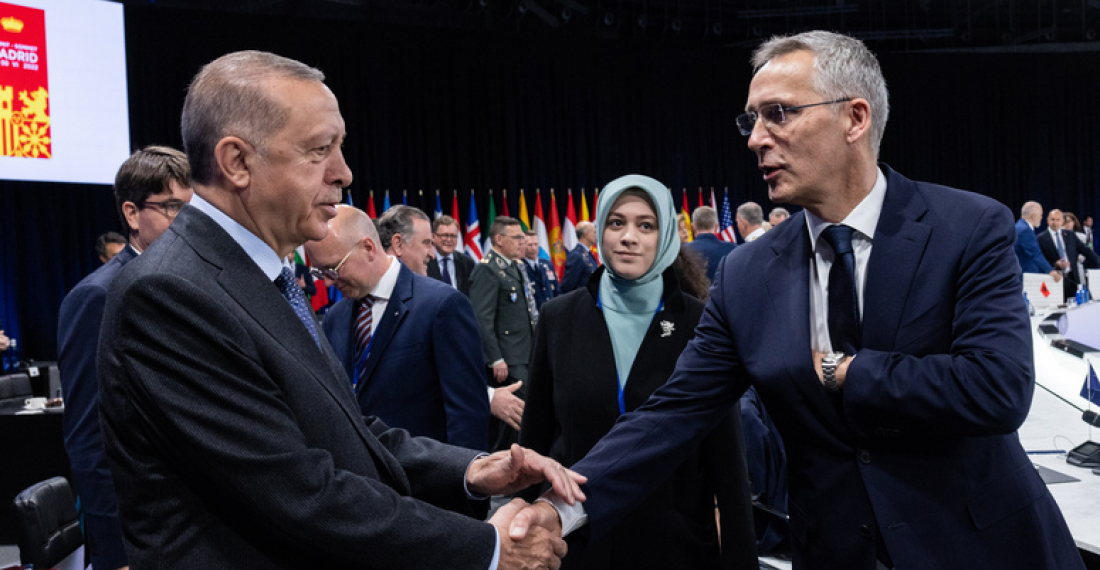The NATO Summit in Madrid drew to a close on Thursday (30 June 2022) with decisions to transform and strengthen the Alliance. Secretary General Jens Stoltenberg said: “The decisions we have taken in Madrid will ensure that our Alliance continues to preserve peace, prevent conflict, and protect our people and our values. Europe and North America, standing together in NATO.”
NATO leaders agreed on a fundamental shift in NATO’s deterrence and defence, with strengthened forward defences, enhanced battlegroups in the eastern part of the Alliance, and an increase in the number of high readiness forces to well over 300,000. Leaders also agreed to invest more in NATO and to increase common funding. During the Summit, NATO’s closest partners Finland and Sweden were invited to join the Alliance, a significant boost to Euro-Atlantic security. Allies further agreed on long-term support for Ukraine through a strengthened Comprehensive Assistance Package.
Leaders endorsed a new NATO Strategic Concept, the blueprint for the Alliance in a more dangerous and competitive world. It sets out NATO’s approach to Russia and to other threats, including terrorism, cyber and hybrid. For the first time, the Strategic Concept addresses the challenges posed by China. Leaders agreed on steps to fight climate change, including targets to cut NATO greenhouse gas emissions and move towards Net Zero by 2050. A new NATO Innovation Fund to help the Alliance sharpen its technological edge was also launched at the Summit. NATO leaders met with key partners to address global challenges and Indo-Pacific partners Australia, Japan, New Zealand, and the Republic of Korea participated together in a NATO Summit for the first time. Allies also recommitted to the fight against terrorism, and addressed NATO’s response to threats and challenges from the Middle East, North Africa and Sahel.
At his closing press conference the NATO Secretary General said: “We face the most serious security situation in decades. But we are rising to the challenge with unity and resolve.” He thanked Spain for hosting the historic Summit and said a NATO Summit would be held in Vilnius, Lithuania next year.






